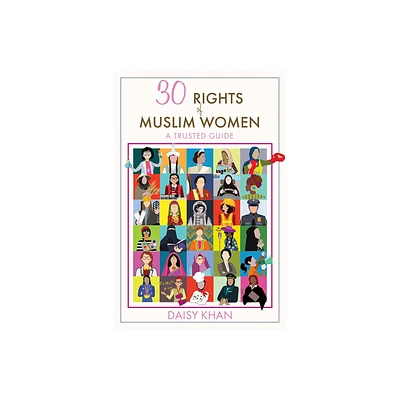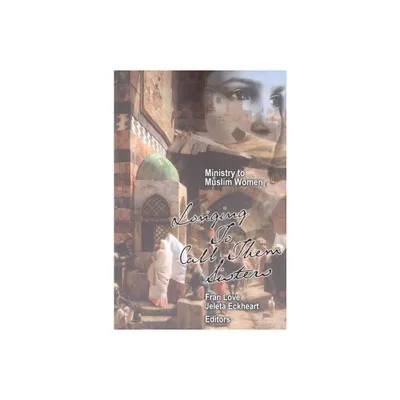Home
Equals in Learning and Piety: Muslim Women Scholars in Nigeria and North America
Loading Inventory...
Barnes and Noble
Equals in Learning and Piety: Muslim Women Scholars in Nigeria and North America
Current price: $79.95


Barnes and Noble
Equals in Learning and Piety: Muslim Women Scholars in Nigeria and North America
Current price: $79.95
Loading Inventory...
Size: OS
*Product Information may vary - to confirm product availability, pricing, and additional information please contact Barnes and Noble
Equals in Learning and Piety
is an intellectual history of the ‘Yan Taru (Associates) movement, a women-led Islamic educational organization that continues to this day in both northern Nigeria and in the United States. Drawing on extensive scholarship across disciplines including history, Islamic studies, anthropology, gender and women’s studies, and literary studiesand alongside rigorous ethnographic research and interviews with leading Nigerian Muslim scholarsBeverly Mack argues that this formidable Muslim women’s movement consolidated the religious and social order established by the Sokoto Jihad in the early nineteenth century. Mack shows how women scholars instructed rural Hausa and Fulani women in Muslim ethics, doctrine, traditions, and behavior that followed and replaced the traumatic experience of warfare unleashed by the Jihad. She shows that these unique social engagements shaped people’s agency in the dynamic process of social change throughout the nineteenth century. Women imaginatively reconciled Muslim reformist doctrines and traditional practices in Nigeria, and these doctrines have continued to be influential in the diaspora, especially among Black American Muslims in the United States in the twenty-first century. With this major investigation of a little-studied phenomenon, Mack demonstrates the importance of women to the religious, political, and social transformation of Nigerian Muslim society.
is an intellectual history of the ‘Yan Taru (Associates) movement, a women-led Islamic educational organization that continues to this day in both northern Nigeria and in the United States. Drawing on extensive scholarship across disciplines including history, Islamic studies, anthropology, gender and women’s studies, and literary studiesand alongside rigorous ethnographic research and interviews with leading Nigerian Muslim scholarsBeverly Mack argues that this formidable Muslim women’s movement consolidated the religious and social order established by the Sokoto Jihad in the early nineteenth century. Mack shows how women scholars instructed rural Hausa and Fulani women in Muslim ethics, doctrine, traditions, and behavior that followed and replaced the traumatic experience of warfare unleashed by the Jihad. She shows that these unique social engagements shaped people’s agency in the dynamic process of social change throughout the nineteenth century. Women imaginatively reconciled Muslim reformist doctrines and traditional practices in Nigeria, and these doctrines have continued to be influential in the diaspora, especially among Black American Muslims in the United States in the twenty-first century. With this major investigation of a little-studied phenomenon, Mack demonstrates the importance of women to the religious, political, and social transformation of Nigerian Muslim society.


















